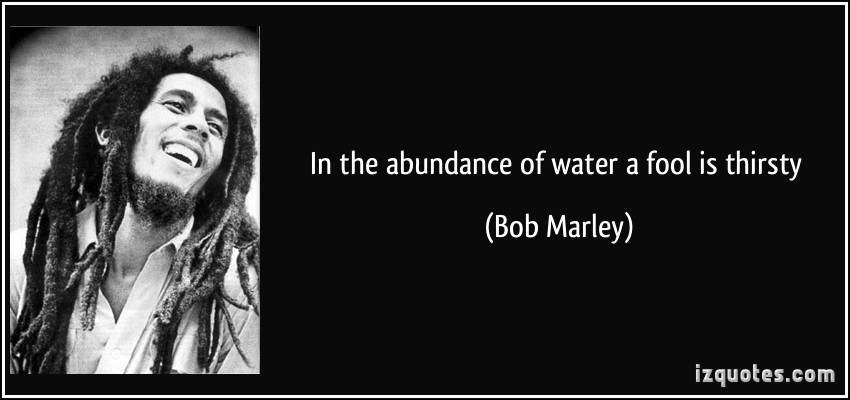Have you ever asked yourself why Resource rich countries are poorer or tend to develop slower than resource poor countries? Some of the fastest growing economies are countries with little or no Natural resources e.g Taiwan, Hongkong, Korea and so on.
Resources here are defined as the total means available for economic and political development, such as mineral wealth, labor force, raw materials and assets. For example African countries such as Nigeria, Zambia, and Congo have lots of resources such as Coltan, diamonds, Crude oil, Metals e.t.c, while European and Asian countries are not as resource rich like many African countries, the “development” rate cannot be compared.
Development is another term which needs to be redefined because it is always measured using western standards, but this is a discussion for another time. Many Natural resources open opportunity for income, there by attracting foreign interest. Some other natural resources such as water are crucial for survival of the population.
Scarcity or abundance of these resources can lead to high dependency, it can also create or produce political problems such as war, inequality, increase in violence it can also affect the government hereby triggering such behaviors as corruption or dictatorship. Also when there is an abundance of such resources other economic sectors are being neglected which causes all the economic power to be focused on the extraction of certain resources, also known as the Dutch disease and last but not least it also leads to a high rate of dependency.
We should not jump into conclusion by saying that resource rich countries are cursed. There are countries like Botswana, Canada and Norway which are also rich in resources but are making the best out of it.
In order to understand this Phenomenon, we have to take note of different variables which work together, such as the Political Institutions, Forms of Government and last but not least History.
Political institutions are organizations which create, enforce, and apply laws; that mediate conflict; make (governmental) policy on the economy and social systems; and otherwise provide representation for the populous. Examples of such political institutions include political parties, trade unions, and the (legal) courts. The term 'Political Institutions' may also refer to the recognized structure of rules and principles within which the above organizations operate, including such concepts as the right to vote, responsible government, and accountability.
And the problem in Africa is that most of these “political institutions” are either corrupt or not available. In order for political institutions to function, there has to be Checks and balances. Looking back to History most of the Institutions we have in Africa today were being set up during the colonial rule. The main motive of the colonial rule was the exploitation of a given land. Many of these “institutions” still function the same way after Independence.
So when a country is being governed in a way that is only meant to satisfy the needs of the elites and also to exploit a county there will be little or no development in such country no matter how much resources they have at their disposal, because accountability and the needs of the people do not come first, this situation is best described by taking Nigeria as an example.
The solution to the Problem of resource curse would be, creating good governance, rethinking our Ideas on the Political Institutions which means creating Institutions which are accountable to the citizens and there by free from corruption.
What do you think, is there such thing as Resource curse and what you think would be the best Solution to solve this Problem. Leave your answer in the Comment section below.
To learn more on this Topic check out the following Keywords:
Resource curse
Dutch disease
Checks and balance
Good Governance
Composed by Kolawole Ajibola






